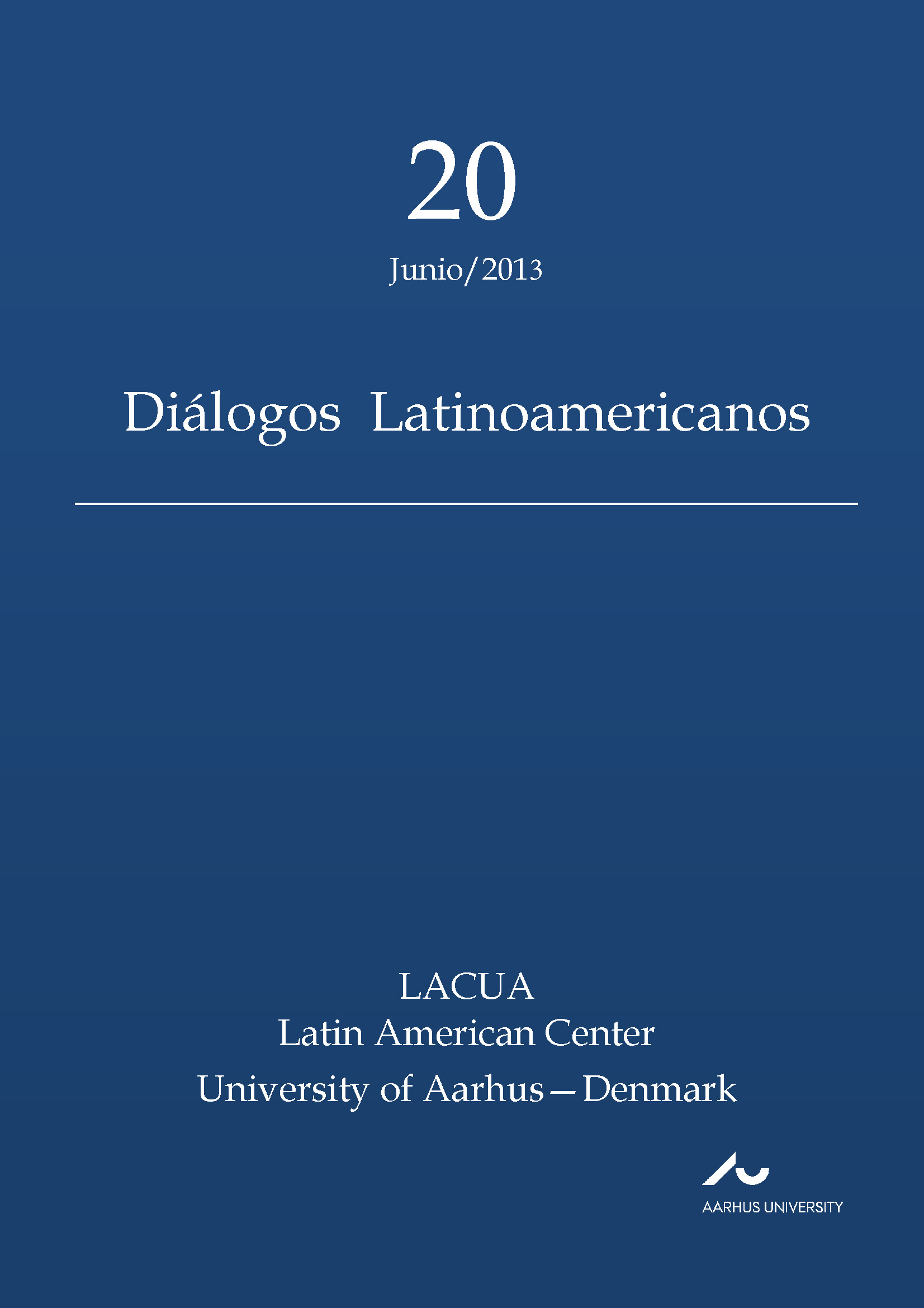Machado de Assis e o risum movet do poema herói-cómico. Algumas cláusulas a propósito d’O Almada
DOI:
https://doi.org/10.7146/dl.v14i20.113270Keywords:
mock-epic, literary genre, referentiality, Machado de Assis, António Dinis da Cruz e Silva, BoileauAbstract
O Almada, mock-epic poem written by Machado de Assis, proposes a
‘theory’ of this ‘difficult’ genre, within a literary program that would
mean the invention of a first example of mock-epic poetry in Brazilian
literature. Machado’s proposal implies that the mock-epic looses referentiality;
otherwise put, undergoes a process of anesthetization. This aesthetic autonomy,
however, would signify the universalization of a textual phenomenology of “two
famous compositions that served as models, but are not truly inimitable”. In my
article I elaborate on how Machado de Assis reads the mock-epic tradition,
Boileau’s Le Lutrin and specifically António Dinis da Cruz e Silva’s O Hissope.
References
Cômico. Edição preparada por Ronald Polito. Unicamp: Campinas SP.
Assis, Machado de (1967) Crônica, Crítica, Poesia, Teatro. Cultrix: São
Paulo.
—. (1997) Obra Completa. Vols. II e III. Organizada por Afrânio
Coutinho. Editora Nova Aguilar: Rio de Janeiro.
Bakhtin, Mikhail (1998) La cultura popular en la edad media y en el
renacimiento. El contexto de François Rabelais. Alianza Editorial:
Madrid.
Baudelaire, Charles (2000) Poesía Completa. Escritos autobiográficos.
Los paraísos artificiales. Crítica artística, literaria y musical. Ed. e
trad. Javier del Prado e José A. Millán Alba. Espasa: Madrid.
Bergson, Henri (1978) Le rire. Essai sur la signification du comique.
P.U.F.: Paris [1ª ed.: 1900].
Broich, Ulrich (1992) The Eighteenth-Century Mock-Heroic Poem.
Cambridge University Press: Cambridge.
Candido, Antonio (1969) Formação da Literatura Brasileira. 1º vol.
1750-1836. 3ª ed. Livraria Martins: São Paulo.
Colomb, Gregory G. (1992) Designs on Truth. The Poetics of the
Augustan Mock-Epic. The Pennsylvania State University Press:
University Park (Penn).
Emard, Paul e Suzanne Fournier (1963) La Sainte-Chapelle du Lutrin,
Pourquoi et comment Boileau a composé son poème. Librairie Droz:
Genève.
Feuerhahn, Nelly (1996) “La méchanique psychosociale du rire chez
Bergson”. In Dominique Bertrand (ed.) Humour et société. PUV: Saint-
Denis.
Furlan, Stélio (1998) “Crítica e Imaginários Urbanos”. Anuário de
literatura: Publicação do Curso de Pós-Graduação em Letras,
Literatura Brasileira e Teoria Literária 6, 139-161.
Habermas, Jürgen (1997) Historia y crítica de la opinión pública. La
transformación estructural de la opinión pública. Editorial Gustavo
Gili: Barcelona [1ª ed.: 1962].
Maffre, Claude (1994) L’Oeuvre Satirique de Nicolau Tolentino. Centre
Culturel Calouste Gulbenkian: Paris.
Pereira, Astrojildo (1991) Machado de Assis. Ensaios e apontamentos
avulsos. Oficina do Livro: Belo Horizonte.Queirós, Eça de (s.d.) Notas
Contemporâneas. Livros do Brasil: Lisboa.
Silva, António Dinis da Cruz e (2006) O Hissope. Poema Herói-Cómico,
edição crítica de Ana María García Martín e Pedro Serra. Angelus
Novus: Coimbra.
Skinner, Quentin (2004) “Hobbes and the Classical Theory of Laughter”.
In Leviathan After 350 Years. Tom Sorell e Luc Foisneau, (eds.)
Oxford University Press: Oxford, 139-166.
Downloads
Published
How to Cite
Issue
Section
License
Counting from volume 31 (2022), articles published in Diálogos Latinoamericanos are licensed under CC-BY 4.0. Read more about the license terms here https://creativecommons.org/licenses/by/4.0/.
No Creative Commons license applied on volumes 1-30. All rights reserved by the authors. Readers may download, read, and link to the articles, but they cannot republish the articles.
With the publication of volume 31 (2022), authors retain the full copyright to their articles and give Diálogos Latinoamericanos the right to the first publication. Authors also retain copyright to earlier versions of manuscripts, such as the submitted (pre-print) and the accepted manuscript (post-print).
Copyright to articles published in volumes 1-30 is held by the authors.





